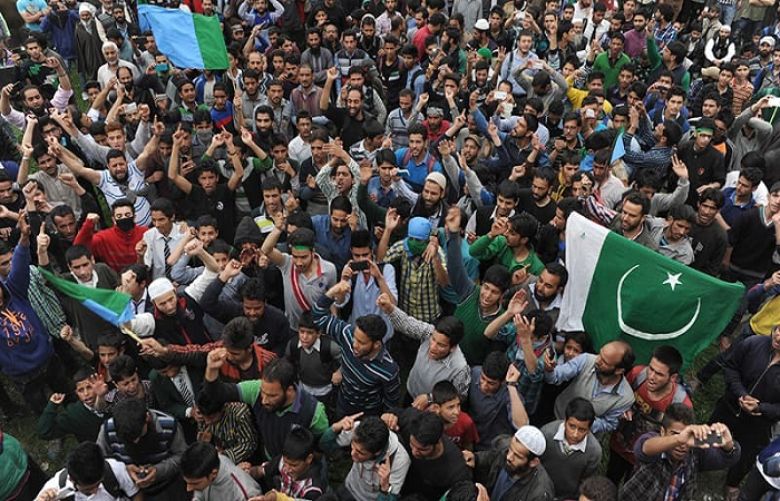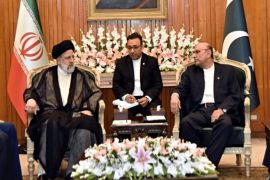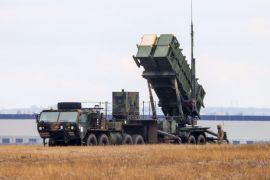Kashmiris on both sides of the Line of Control (LoC) and world over are observing the Kashmir Martyrs’ Day today (Thursday), to pay homage to the martyrs of July 13, 1931 – who laid their lives to break shackles of Hindu subjugation.
Rallies, seminars and conferences will be held in Azad Kashmir, Pakistan and all major capitals of the world to pay tribute to the 22 Kashmiri martyrs who fell victim to the bullets of Dogra forces.
In a statement, All Parties Hurriyat Conference (APHC) leaders reiterated the Kashmiris’ resolve to carry forward the martyrs’ mission till it reaches its logical conclusion.
On July 13, 1931, a somber day etched in the history of Kashmir, Dogra forces unleashed a brutal assault on innocent Muslims in what is now remembered as the infamous 1931 Martyrs’ Day.
This tragic event occurred as protestors gathered during the hearing of the illegal state case against Abdul Qadir Khan.
The incident unfolded when the demonstrators had gathered to show solidarity and support for Abdul Qadir Khan, who was facing an unjust trial. As the noon hour approached, the muezzin called for prayer, which infuriated the authorities.
In a shocking display of brutality, the police shot the first muezzin dead in an attempt to silence the protestors. However, the spirit of resilience prevailed as another muezzin bravely stepped forward to take his place, only to meet the same tragic fate.
Failing to suppress the protestors’ determination, the authorities resorted to indiscriminate firing, resulting in the martyrdom of twenty-two Muslims and leaving over a hundred injured.
Since that tragic day, Kashmiris have observed Kashmir Martyrs’ Day annually on July 13, to honor the memory of those who lost their lives in the pursuit of justice and freedom.
However, in 2019, the Modi government attempted to rewrite history by abolishing the official holiday commemorating July 13, a move that was met with widespread condemnation.
The decision was seen as an affront to the suffering and resilience of the Kashmiri people, with critics arguing that it was an attempt to undermine the significance of the tragic event and suppress the voices seeking justice.
Despite this setback, Kashmiris and supporters worldwide continue to observe Kashmir Martyrs Day with unwavering resolve, standing in solidarity with the people of Kashmir and advocating for their fundamental rights.
Who was Abdul Qadeer Khan?
Abdul Qadeer Khan, an employee of an English army officer named Major Butt, found himself at the center of attention when he made an impassioned speech at Khanqah-i-Maula, a significant location in Kashmir.
Abdul Qadeer’s background and place of origin remain uncertain. He had been actively participating in protest meetings, and on June 21, 1931, he could no longer contain his emotions, leading him to address the crowd spontaneously.
According to Rashid Taseer’s account in “Tarikh-i-Hurriyat,” Abdul Qadeer’s speech resonated with powerful words. He urged his fellow Muslim brothers to resist the tyranny and brutality they were enduring, emphasizing that relying on force alone would not bring an end to their suffering or resolve the issue of disrespect towards the Holy Quran.
He called upon them to rely on their own strength and wage an unyielding war against oppression. Pointing towards the palace, he passionately exclaimed, “raze it to the ground.” Aware of their limited resources, he acknowledged the absence of machine guns but emphasized the abundance of stones and brickbats at their disposal.
The authorities were quick to take note of Abdul Qadeer’s speech, and a few days later, on June 25, he was arrested.
He faced charges of “sedition” and “wantonly giving provocation with intent to cause a riot” under the Ranbir Penal Code. His trial commenced on July 4 in the Court of the Sessions Judge in Srinagar. The proceedings attracted a large gathering of Muslims who assembled in the court compound on July 4, 6, 7, and 9, eager to witness the trial unfold.







